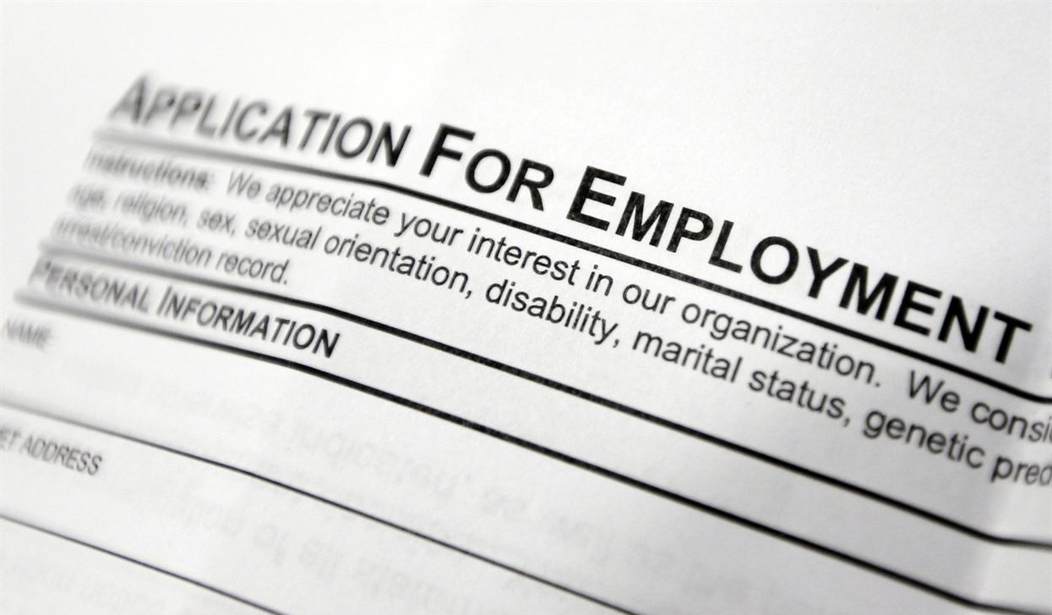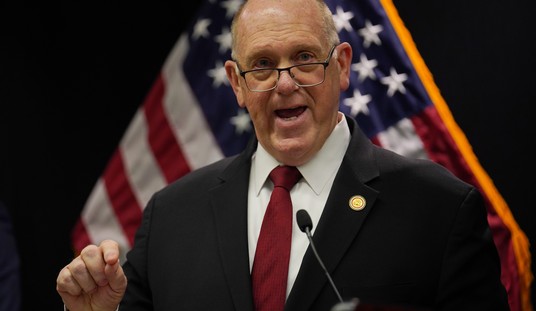The SCOTUS ruling overturning affirmative action at Harvard and UNC will have an obvious impact on colleges across the country, at least at those colleges that exist in states which haven’t already passed laws against the consideration of race in admissions. But it’s very possible that the impact of the ruling will go beyond colleges and impact corporate DEI programs as well. Though the two things are legally distinct they also operate in parallel, meaning the reasoning that led to the elimination of race-based admissions would seem to apply to efforts around hiring as well.
DEI advocates predict companies will be next to face hostility. “Corporate America’s looking at that and saying, ‘first they came for academia, next they’ll come for us,’ ” says Janet Stovall, global head of DEI at the NeuroLeadership Institute, a leadership coaching firm…
Looking simply at the letter of the law, the court’s decision won’t apply to employers. Private institutions such as Harvard are governed by Title VI of the Civil Rights Act, which outlaws discrimination in programs receiving federal funding. Private-sector workplaces, however, are governed by Title VII—a different, though similarly worded, section. Still, “many of the thought processes and the basic legal principles” are the same, says Daniel Pyne III, an employment specialist at law firm Hopkins & Carley. If the court strikes down race-conscious admissions in education, “that is a strong hint that the same decision might be made” in employment cases.
Alvin Tillery Jr., a political science professor and director of the Center for the Study of Diversity and Democracy at Northwestern University, says his worry is that conservative activists will “send a bunch of threatening letters to corporations,” which will “just shut down all of their DEI work. That I think is probably the most realistic scenario.”
Legally, corporations aren’t allowed to consider race in hiring. However, if there are two equally qualified candidates the employer can choose to hire the minority candidate. So what many companies do is something called “targeted recruiting.”
A targeted recruitment strategy is a predetermined plan to advertise job openings in specific places and ways that attract candidates with certain experience, skills, or characteristics.
A good targeted recruitment strategy is very specific in its intent and goals and uses data to track ROIs. The strategy needs to effectively market to the type of candidate an employer desires to find in their search.
Companies that practice this are not supposed to be creating quotas but the effect is the same. By only advertising jobs in certain places, companies can achieve their diversity goals. In the wake of today’s affirmative action decision, those tactics are likely to face more scrutiny.
Federal law prohibits employers from considering race and other protected characteristics in employment decisions. Diversity, equity and inclusion initiatives, on the other hand, help employers make their workforces less homogeneous and their workplaces more inclusive by casting a wide net for qualified workers from different backgrounds, Turnbull said.
“We may see an increase in challenges to those programs because some employees may incorrectly assume this means that their employers can no longer have workplace affirmative action or DEI programs,” he said…
In the decade from 2011 to 2021, the number of reverse discrimination claims filed with the Equal Employment Opportunity Commission dropped from about 4,000 to 2,000 a year, according to data USA TODAY obtained from the EEOC. While white people account for about two-thirds of U.S. workers, those claims made up about 10% of overall race-based discrimination claims.
But Turnbull says lawyers are seeing an uptick in reverse discrimination claims. Earlier this month, a federal jury in New Jersey ordered Starbucks to pay $25.6 million to a former regional manager after determining that the company fired her because she was white.
I wrote about the Starbuck’s case here. Starbucks lost the case because it was pretty clearly what it seemed, i.e. discrimination against a white employee while giving a black employee more closely involved in a controversy a pass. In any case, there may be less leeway for companies to get away with this going forward.
The reality is that DEI efforts peaked in 2020 and have been declining ever since. Even before this new decision on affirmative action, DEI was shrinking.
A 2023 report revealed attrition rates for DEI roles have outpaced those of non-DEI roles. Additionally, in companies that have experienced recent layoffs, more than 300 DEI professionals left—in some cases, entire DEI teams departed. These roles certainly aren’t being cut or vacated because companies reached their goals. So why are those leading the charge leaving or being forced out?
The unfortunate reality is that many companies were just checking a performative box when it came to these initiatives. They promised commitment and likely had genuine intentions in the beginning, but as budgets tightened, they struggled to prove the ROI.
The same article has this Sisyphean description of what DEI progress should look like:
We’ll never be able to say we’re done advancing DEI. Organizations are made up of people, and people will never reach full DEI enlightenment. As companies and individuals, we’re all on our own journey, and the journey may never have a final destination.
So, again, DEI is not directly impacted by this decision but that doesn’t mean it won’t change the dynamic around it. Given that the endless march toward DEI enlightenment is already on the decline (arguably because there’s no evidence it works), this decision will likely be seen as one more signal that race-conscious efforts are on the way out.








Join the conversation as a VIP Member